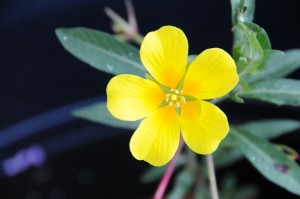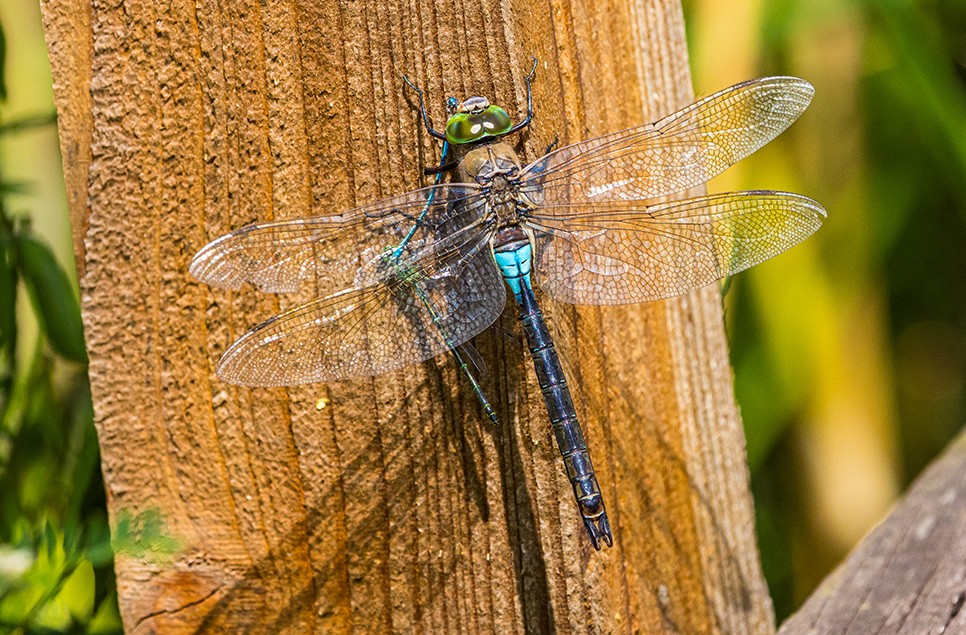WWT welcomes ban on damaging pond plants
 South American water primrose: Oversized, overzealous and over here!
South American water primrose: Oversized, overzealous and over here!
British wildlife will be safer from damaging non-native plants due to a ban on the sale of some exotic species which comes into force this week.
Plant stockists will no longer be able to sell five pond plant species that form dense mats, choking native wetland plants and fish of light, oxygen and nutrients.
The Wildlfowl & Wetlands Trust (WWT) is welcoming the ban because it will help to avoid gardeners and pond owners accidentally buying invasive plants and releasing them into the local environment without realising the damage that could inadvertently be caused.
The banned species include the South American water primrose. According to a Government-sponsored report, this currently costs more than £24,000 a year to control but that would multiply hundredfold to nearly £1/4bn if it becomes widespread in Britain’s wetlands.
WWT Head of Conservation Policy, Carrie Hume said:
“This is a great step forward in protecting our much-loved British wildlife from the threat of suffocation by invasive plants.
“By removing some of the most damaging plants from sale, gardeners can be more confident that the plants you are buying will enhance rather than damage your local environment.”
The plants that are no longer allowed to be sold are:
- water primrose Ludwigia spp,
- parrot’s feather Myriophyllum aquaticum,
- water fern Azolla filiculoides,
- floating pennywort Hydrocotyle ranunculoides,
- New Zealand pygmy weed Crassula helmsii.
Plant retailers face a ban of up to £5,000 and possibly up to six months in prison if they’re found selling one of the listed plants.



